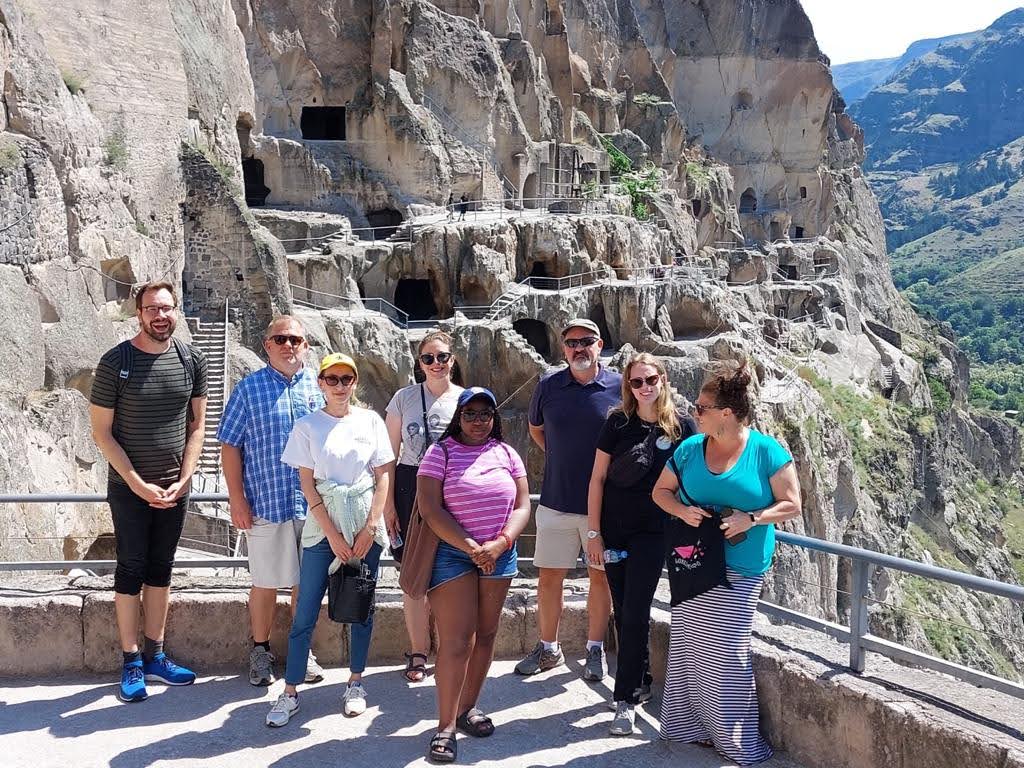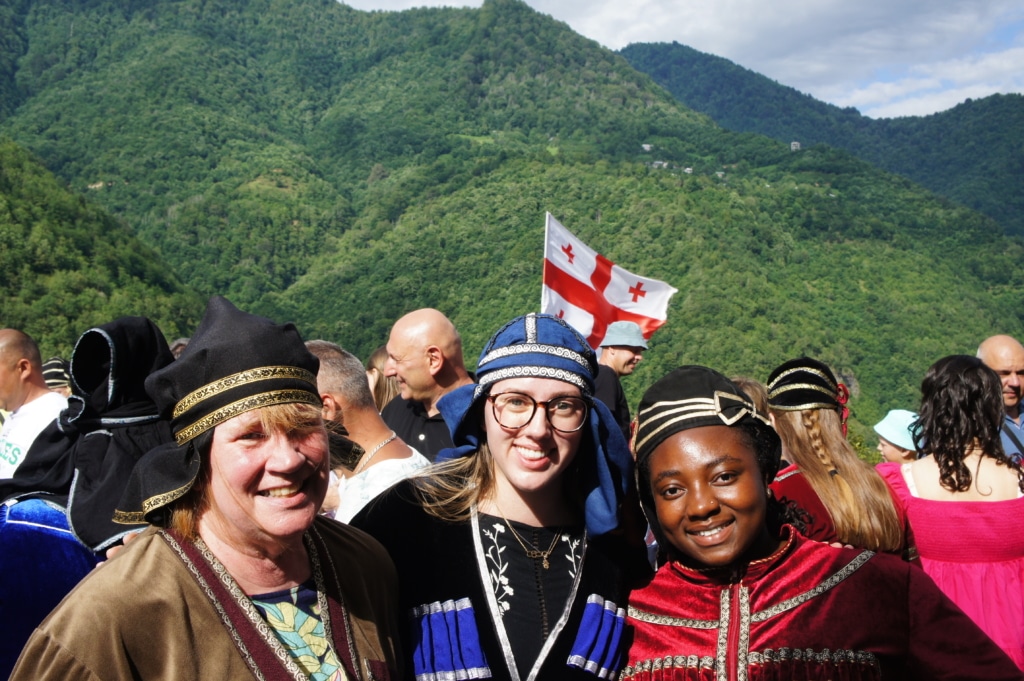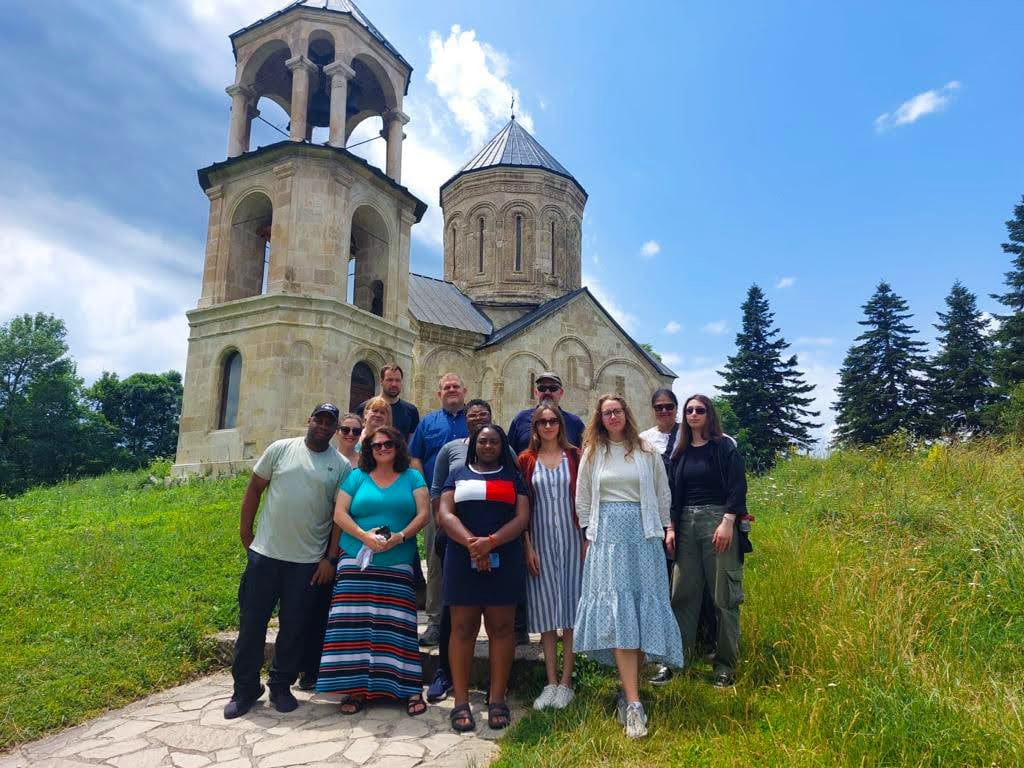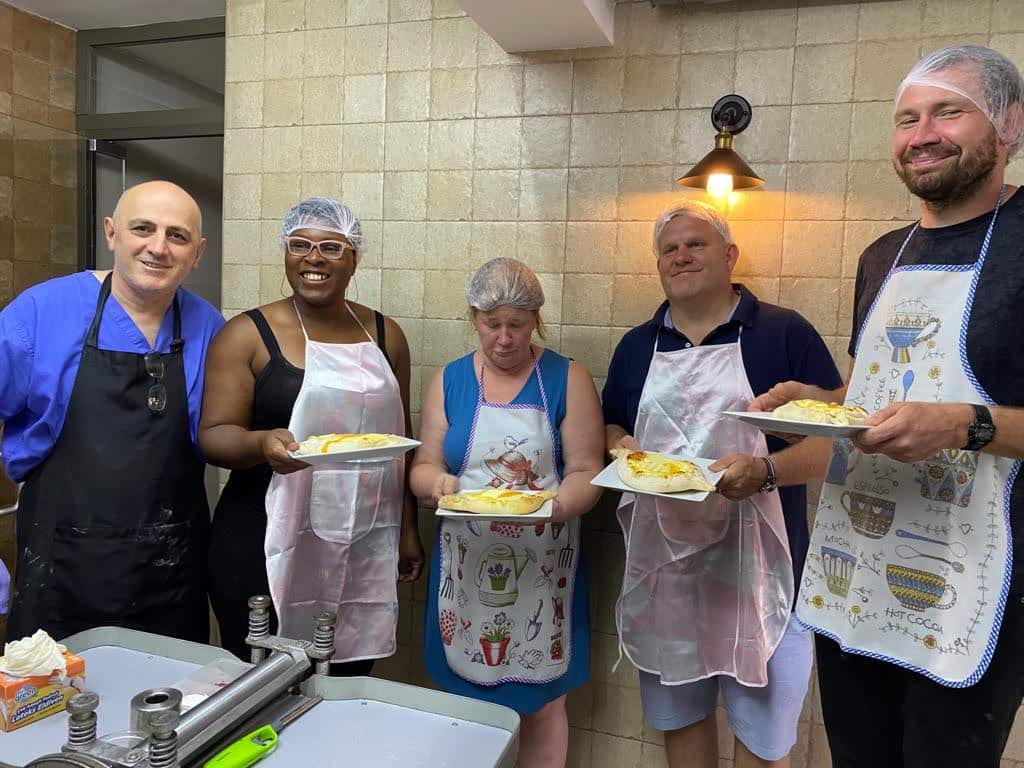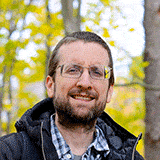David Galloway, Associate Professor of Russian Area Studies at Hobart and William Smith Colleges, has run multiple faculty-led programs with SRAS. He’s also often chosen more adventurous locations. For his very first faculty-led tour with SRAS, he eschewed the capitals to take his students to Irkutsk, Russia, in 2006.
In 2023, he chose to take a group to Kutaisi, Georgia. While there, they studied the language, learned about Georgia’s economy, and widely explored the country and culture. The program was funded by a Fulbright-Hays Award.
In the 38-minute conversation below, David and SRAS Director Renee Stillings discuss how study abroad is changing and the many advantages and some disadvantages to studying in Georgia.
About Funded Faculty-Led Study Abroad to Georgia
David Galloway had led multiple programs to Siberia, but in 2023, he was “looking forward to expanding Russian Area Studies’ ability to work in regions beyond the Russian Federation and to bring attention to cultures that HWS has not featured in its abroad programs or its courses.”
To achieve this, he teamed up with HWS Associate Professor of Economics Keoka Grayson and worked with SRAS and our colleagues at NovaMova Georgia to develop a six-week seminar titled Modern Georgia: Politics, Economy, Culture. Meant to be an intensive, immersive program, it was designed to “showcase the breadth and diversity of the country’s politics, economics, language, culture, ethnicity and physical environment.”
Galloway and Grayson also applied for a Fullbright-Hays Award, which would fund the six-week trip. Galloway points out that his application for the award was assisted by the fact that they stayed outside the capital, Tbilisi, focusing on less-traveled areas of the country and diving into local culture. He had previously received awards for his Siberia-based programs with the same strategy.
Another requirement for the grant was that the group be comprised of at least half school teachers. The logic of this requirement became clear as many of the teachers left their experience already with ideas for joint projects with local schools.
Although neither he nor Grayson had been to Georgia, he was confident leading his students based on his study of the region, his long experience taking students to less-traveled regions, and with the help of SRAS helping to plan his logistics on the ground.
Perhaps the most impressive part of his plan was to have the participants study the Georgian language intensively during their six-weeks abroad. The group learned the alphabet before departing, but none of its members, including the professors, had had experience studying the language before. However, thanks to the wonderful professors at Akaki Tsereteli State University in Kutaisi, and the supportive local homestays that were arranged for the group, all the members of its members were able to learn enough to have authentic language experiences before departing the country.
In his conversation with Renee Stillings, Galloway discuss this as well as Georgia’s unique position balancing its relationship with Russia, with which it shares a border and an historically rocky relationship, and its affinity for the West, which it has always identified with and with which it has built extraordinarily warm relations since its independence in 1991.
They also discuss fascinating internal issues to study within Georgia, such as its unique experience in building a market economy and independent governing institutions since 1991. Perhaps most fascinating is the integral of acceptance and hospitality to Georgian culture and identity, and yet they fought two ethnically-based civil wars in the 1990s.
Georgia has much to teach us about reform and maintaining diverse societies, having made many mistakes and having achieved considerable progress since the 1990s. We have only begun to seriously study it – and have much more to learn.


